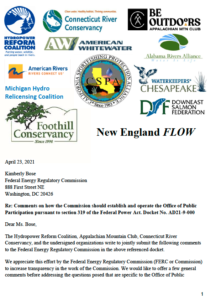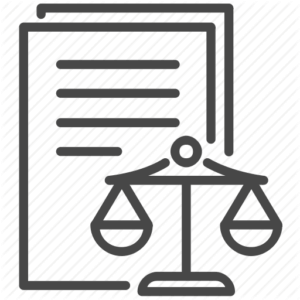Resources on BIPOC and Anti-Racism in Outdoor Spaces
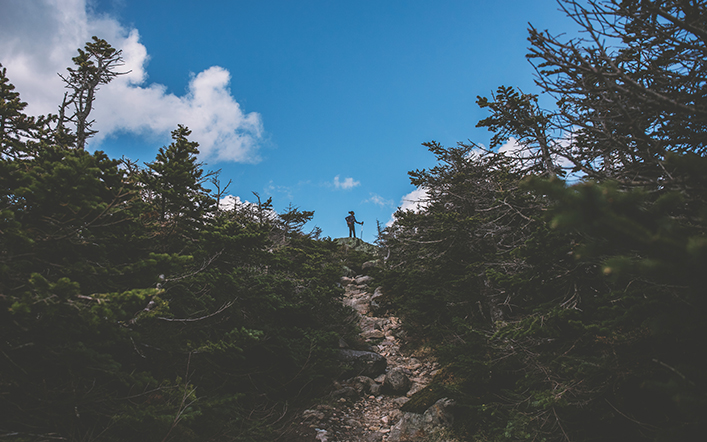
AMC is committed to increasing access to and engagement with the outdoors for all people. That requires grappling with the hard truth that the outdoors has often not been a safe space for Black, Indigenous, and People of Color (BIPOC)—a history that has deeply affected the relationship between these communities and the land today. Many predominately white outdoors and conservation organizations, including AMC, have either complicitly or explicitly supported racist and exclusionary practices. We as an organization are doing the work to study this troubling history and account for our role in it, and we invite all AMC members and supporters to join us on this journey of education and accountability. We welcome your feedback and stories, too, at amcpublications@outdoors.org.
Here are some resources to start or continue this journey with us:
Systemic Barriers
These resources pertain to current and historic systemic barriers to accessing outdoor recreation opportunities.
“Environmentalism’s Racist History,” Jedediah Purdy, The New Yorker, August 13, 2015
“America’s Great White Outdoors,” ABC News
The National Parks face an existential crisis over a lack of diversity among their visitors.
“We Got Us,” YouTube
In an ongoing effort to elevate Black voices and provide allyship resources, José González facilitated a conversation with Dr. Carolyn Finney, Faith E. Briggs, Teresa Baker, and C.J. Goulding.
“Racial Complexities of Outdoor Spaces: An Analysis of African American’s Lived Experiences in Outdoor Recreation,” Matthew Charles Goodrid, University of the Pacific
“The Unbearable Whiteness of Hiking and How to Solve It,” Lornett Vestall, The Sierra Club, December 7, 2016
The Adventure Gap: Changing the Face of the Outdoors, James Mills, Mountaineers Books, 2014
Black Faces, White Spaces: Reimagining the Relationship of African Americans to the Great Outdoors, Carolyn Finney, UNC Press, 2014

Public Lands
These resources pertain to the establishment, history, and current state of federal public lands in the United States.
“Why we must teach the ugly side of public lands history + a tool to help,” Paul Sanford, The Wilderness Society, December 5, 2019
“The benefits of public wildlands, explained,” Marcy Franklin, Vox, October 9, 2017
“Federal Public Land Types: What They Are and How to Protect Them,” Emma Castleberry, AMC Outdoors, January 4, 2021
Dispossessing the Wilderness: Indian Removal and the Making of the National Parks, Mark David Spence (2000)
Conservation and Racism
Dating to the late 19th century, the modern American conservation movement has too often been rooted in white supremacy.
Clean and White: A History of Environmental Racism in the United States, Carl A. Zimring (2017)
Rooted in the Earth: Reclaiming the African American Environmental Heritage, Dianne D. Glave (2010)
The Rise of the American Conservation Movement: Power, Privilege, and Environmental Protection, Dorceta E. Taylor, Duke University Press, 2016
“Pulling Down Our Monuments,” Michael Brune, Sierra Club, 2020
Note: In 2020, the Sierra Club acknowledged and examined its role in perpetuating white supremacy, including the racism of its founder, John Muir.
“The Myth of John James Audubon,” Gregory Nobles, Audubon, 2020
Note: In 2020, Audubon examined the white supremacist views of the organization’s slave-owning namesake.
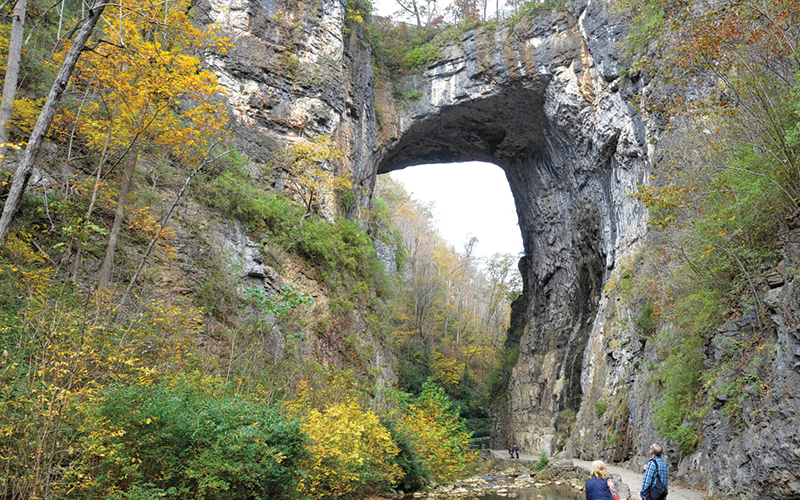
Indigenous Studies
Nearly all the land we now enjoy, including millions of acres across AMC’s region, was once inhabited and stewarded by Indigenous People.
An Indigenous Peoples’ History of the United States, Roxanne Dunbar-Ortiz, Beacon Press, 2015
The Voice of the Dawn: An Autohistory of the Abenaki Nation, Frederick Matthew Wiseman, 2001
Twelve Thousand Years: American Indians in Maine, Bruce Borque, Bison Books, 2004
Braiding Sweetgrass: Indigenous Wisdom, Scientific Knowledge and the Teachings of Plants, Robin Wall Kimmerer, Milkweed Editions, 2020
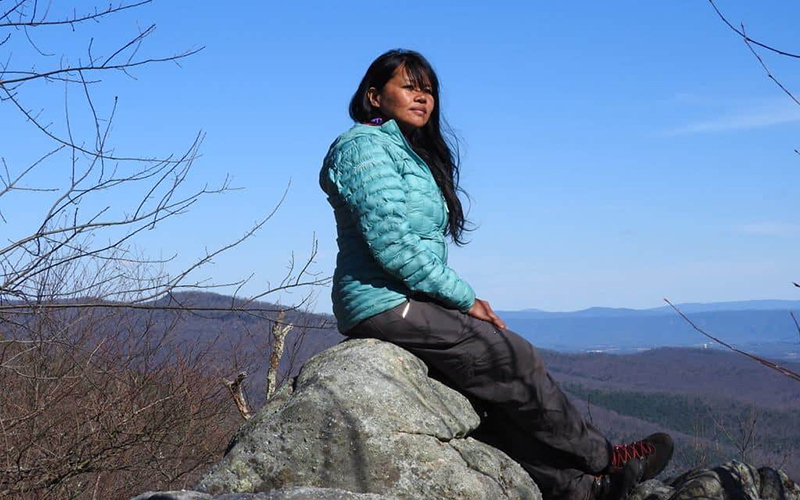
BIPOC Narratives
Stories from BIPOC about their enjoyment and protection of (and challenges in) outdoor spaces.
As an Immigrant Woman of Color, Invisibility Kept Me Safe—Until it Didn’t, Marinel de Jesus, AMC Outdoors, July 27, 2020
We Didn’t Expect to See You: Racism and Profiling on Katahdin, Juan Michael Porter II, AMC Outdoors, August 25, 2020
Katina Grays (video), Outdoor Afro
Estamos Aquí (video), Latino Outdoors
The Unlikely Thru-Hiker, Derick Lugo, AMC Books, 2020
Way Out There: Adventures of a Wilderness Trekker, J.R. Harris, Mountaineers Books, 2017
The Home Place: Memoirs of a Colored Man’s Love Affair with Nature, J. Drew Lanham, 2017
The post Resources on BIPOC and Anti-Racism in Outdoor Spaces appeared first on Appalachian Mountain Club.

